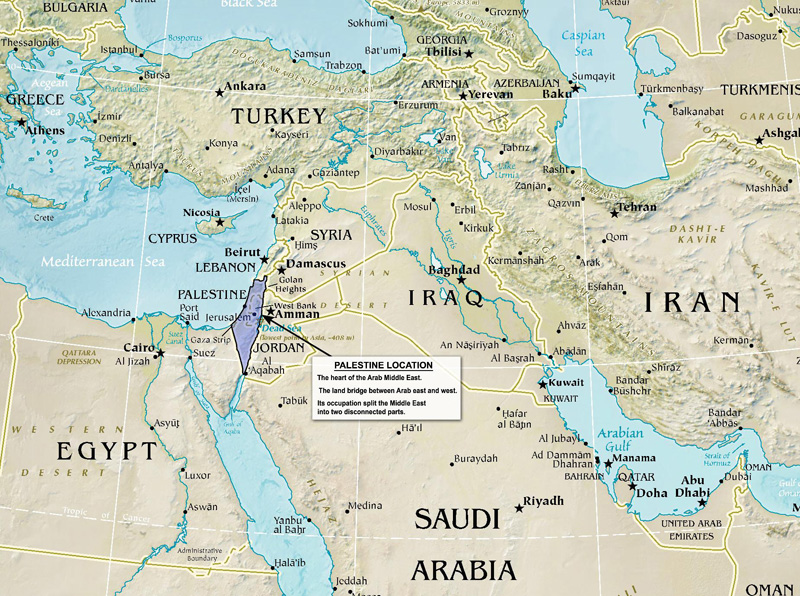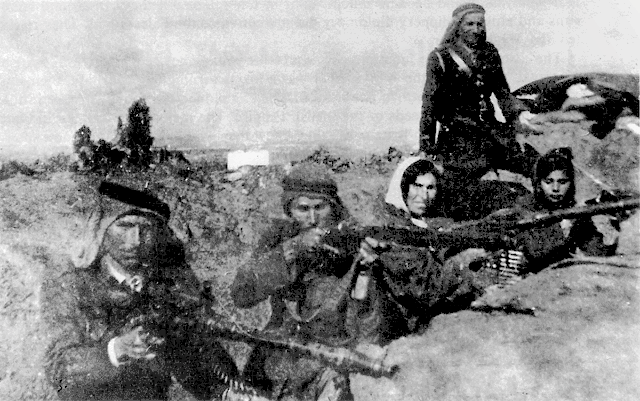The Haavara (Transfer) Agreement was a financial arrangement negotiated between David Ben-Gurion and Hitler in the early 1930s, which continued until December 1941. It aimed to alleviate the worldwide boycott against Nazi Germany, stimulate the German economy, and assist in implementing the Nazis’ anti-Jewish policies. In exchange, a portion of the liquidated German Jewish wealth was channeled to establish the foundation of the “Jewish state.” Additionally, the agreement is linked to Zionist leaders’ focus on their own interests rather than prioritizing the rescue of Europe’s Jews. It is important to note the context of Zionists’ limited resources and influence within US-based Jewish organizations before World War II, as well as the shift in Jewish politics after the war. Understanding the Haavara agreement is crucial for comprehending the interconnected tragedies of the Jewish and Palestinian people




